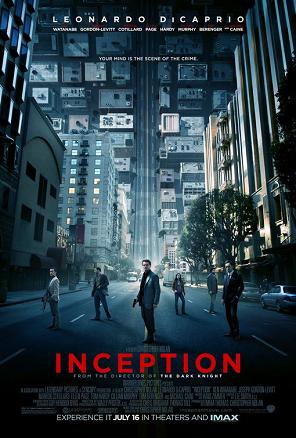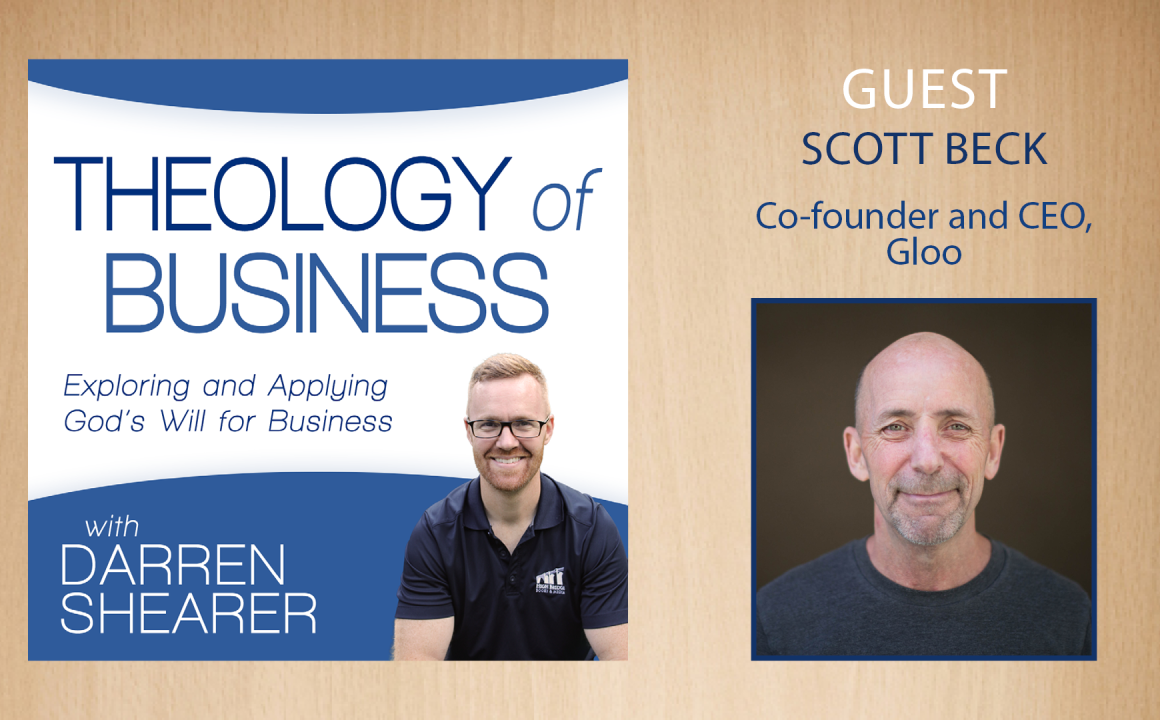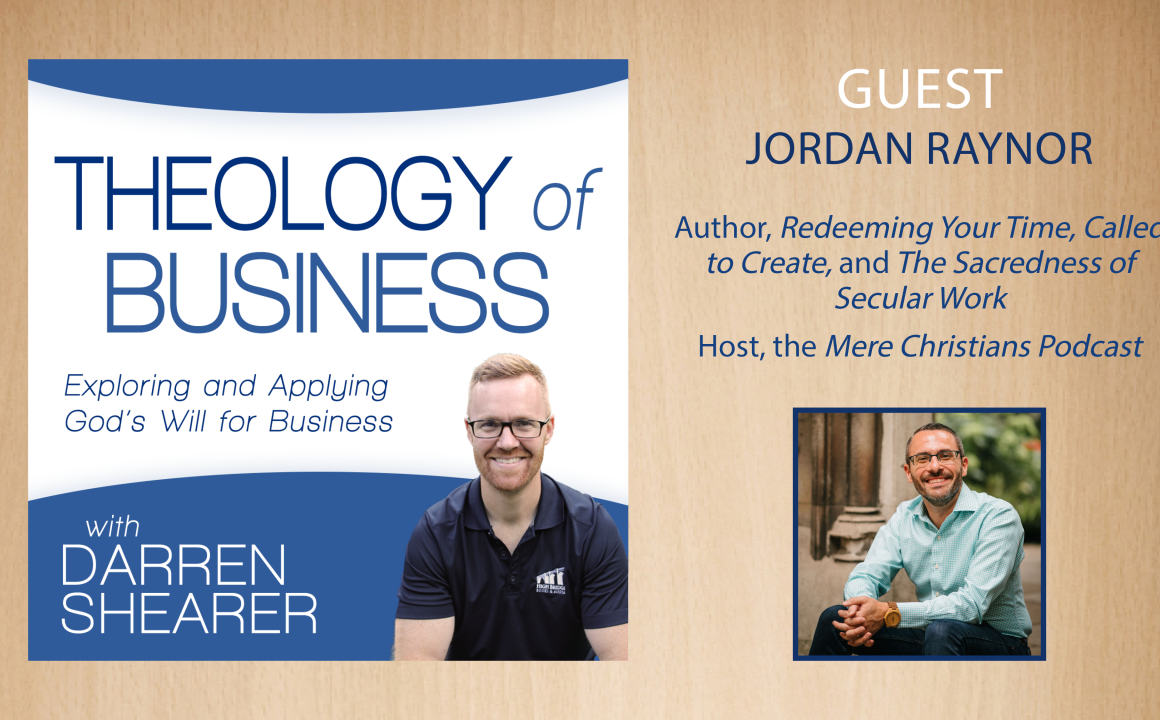Why Marketing Is a “Spiritual” Endeavor

 The film, Inception, tells of a world in which people have the ability to mentally break into each other’s subconscious thoughts to extract information and implant thoughts. In the film, the process of invading another person’s subconscious is referred to as “inception.”
The film, Inception, tells of a world in which people have the ability to mentally break into each other’s subconscious thoughts to extract information and implant thoughts. In the film, the process of invading another person’s subconscious is referred to as “inception.”
Although we may want to assume that we are highly selective in our thinking, the human mind is actually quite vulnerable and impressionable. Having the ability to “implant thoughts” into another person’s mind might seem like a far-fetched concept, but the process of marketing isn’t entirely different than “inception.”
Ideas are spiritual
The Bible says, “What is seen was not made out of things which are visible” (Hebrews 11:3). Every influence in and over our lives began as an unseen thought, and these thoughts are of “spiritual” substance. Regardless of whether a thought originated from the Spirit of God or from the “spirit of the age,” it is connected to a larger reality beyond the visible, physical world in which we live.
In the movie, Inception, Cobb (played by Leonardo DiCaprio) said, “An idea is like a virus. Resilient. Highly contagious. And even the smallest seed of an idea can grow. It can grow to define or destroy you.”
Marketers propagate and even implant these creative (or destructive) unseen thoughts in seed form into people’s minds through all types of media: social media (i.e. Facebook, YouTube, etc.), film/television, radio/podcasts, blogs, live events (i.e. church services, etc.), books, e-mail, and many more.
Whether through business, government, religion, education, the media, the entertainment industry, or any other sphere of influence… some marketers have leveraged the spiritual power of marketing for good and others for evil.
Marketing addresses spiritual needs in either a real or counterfeit way
Based on their research, psychologists at Yale University determined that the most persuasive words in the English language are “discovery, guarantee, love, new, results, save, easy, health, money, proven, safety, and you.” These words are persuasive because they connect with deep, spiritual needs.
As a marketer, people will accept what you’re offering because of a spiritual need that goes deeper than the physical product or service that you are offering. That’s why Charles Revson, founder of Revlon cosmetics, said, “In the factories we make perfume, but in the stores we sell hope.”
If you’re desperate to get people to buy into your stuff, you may be in danger of trying to manipulate a person’s spiritual needs in a counterfeit way. Ultimately, the deepest needs that people are trying to satisfy with our products, services, and messages can only be met by God.
What is likely to happen when we view marketing as a spiritual endeavor?
- Accountability to God – We’ll understand that we are stewards accountable to God. As we become more highly skilled at marketing, we’ll realize that the level of stewardship and accountability increases. We’ll also want to make sure that the messages we are marketing are consistent with his message to humanity (that is, the gospel of Jesus Christ). Rather than exploiting people, we’ll focus on serving and teaching. We’ll want our prospects to understand what they are getting into. We’ll help them to count the cost, and we won’t over-promise and under-deliver.
- Undivided life – We’ll see less of a spiritual/secular divide (i.e. faith vs. work, church vs. marketplace, private life vs. public life, etc.). It will become easier to see that God is interested in our businesses–not just our church attendance, etc. Oswald Chambers said, “The spiritual manifests itself in a life which knows no division into sacred and secular.”



